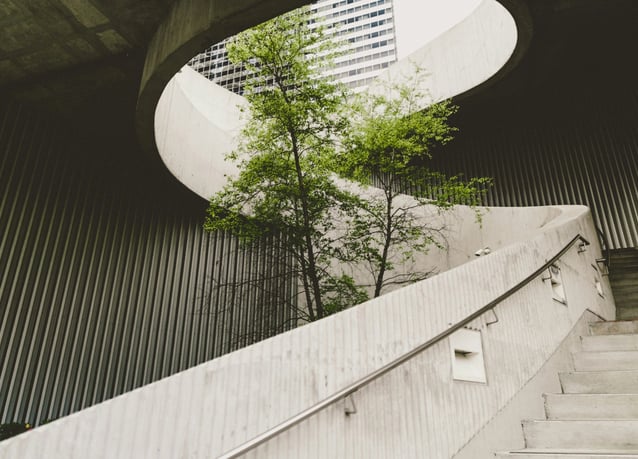Sustainable Design in Modern Architecture: Building a Greener Future
Sustainable design is at the forefront of modern architecture, transforming how we build to minimize environmental impact and enhance quality of life. By prioritizing energy efficiency, sustainable materials, and waste reduction, sustainable architecture addresses pressing environmental challenges while creating beautiful, functional spaces.
Key principles of sustainable design include energy efficiency through solar panels and energy-efficient HVAC systems, water conservation via rainwater harvesting and low-flow fixtures, and the use of recycled or locally sourced materials. Innovative approaches such as green roofs, passive design strategies, and smart building technology further enhance sustainability.


Key principles of sustainable design include energy efficiency through solar panels and energy-efficient HVAC systems, water conservation via rainwater harvesting and low-flow fixtures, and the use of recycled or locally sourced materials. Innovative approaches such as green roofs, passive design strategies, and smart building technology further enhance sustainability.
The benefits of sustainable architecture are profound: reduced environmental impact, cost savings on utilities, and improved health and well-being for occupants. By integrating eco-friendly practices, architects create buildings that are both environmentally responsible and aesthetically pleasing.
As we face environmental challenges, embracing sustainable design is crucial for a greener future. Choose sustainable architecture to contribute to a healthier planet and enjoy efficient, inspiring spaces. Explore how sustainable design can transform your project and be part of the movement towards a sustainable world.


